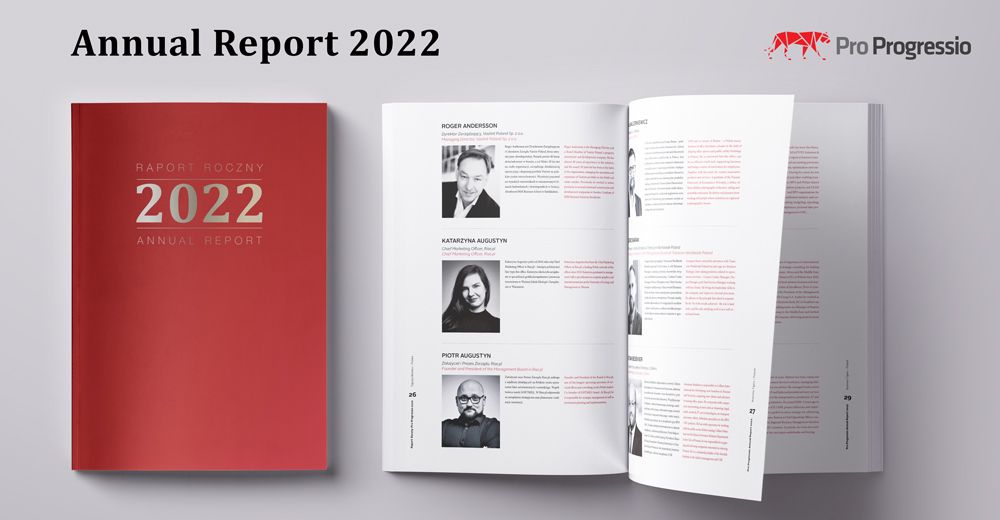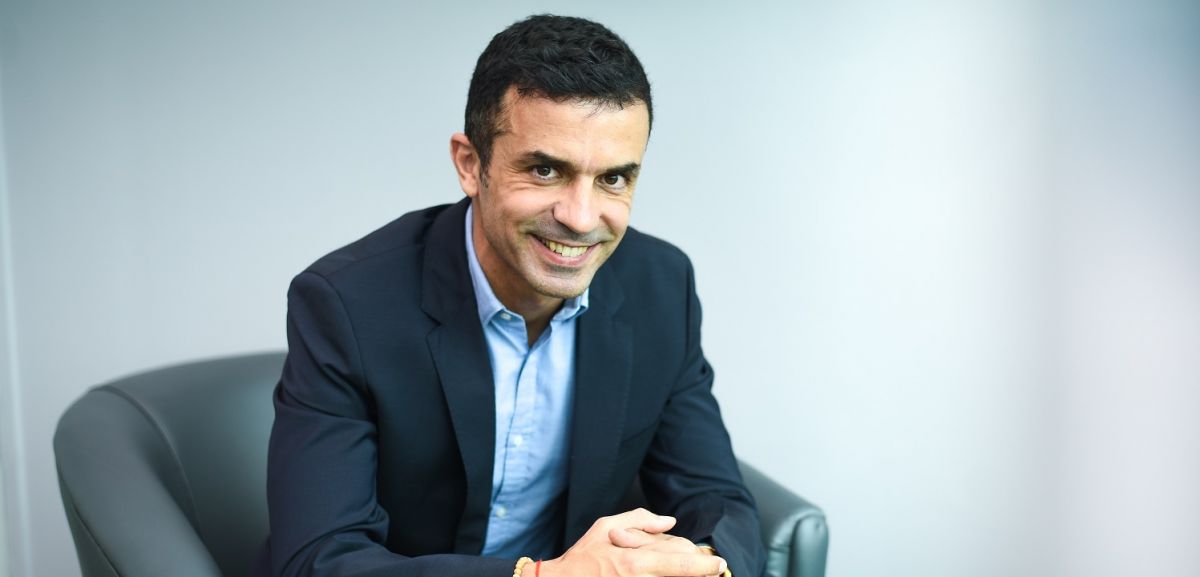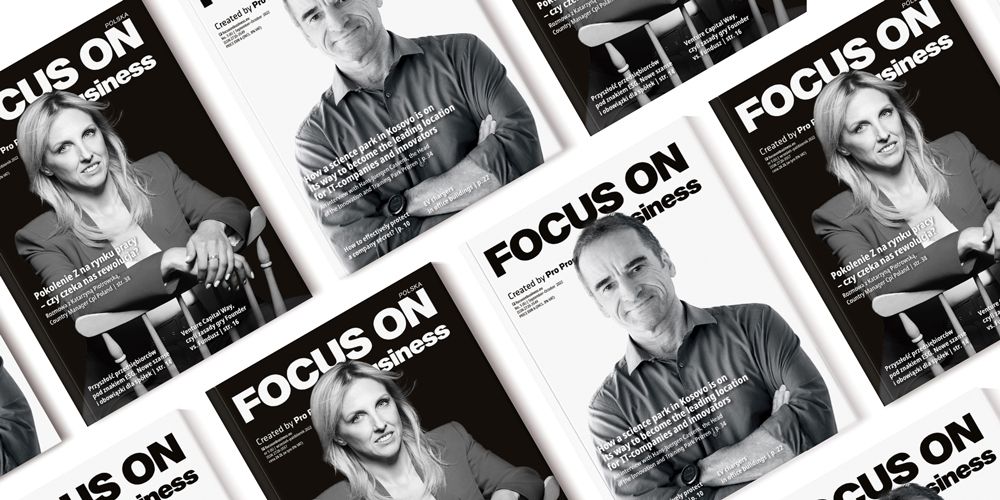What does an office tailored to the needs of Generation Z look like?
We would like to go back to your last year’s report “Gen Z: A Workplace of the Leaders of the Future”. Why is it a good idea to pay special attention to this generation in the workplace?

Jan Szulborski, Senior Consultant, Consulting & Research, Cushman & Wakefield: Gen Zers are just taking the first steps on the labour market, but they already have a real impact on changes taking place in the business environment. According to ABSL’s data, Poland’s business services sector has a combined headcount of over 338,000, of which 20% are Gen Zers. And more importantly, as their share of the total workforce will grow gradually over time, understanding their needs and expectations will be a significant challenge for most organisations that is likely to impact top talent recruitment and retention.
What work model is favoured by Generation Z?
A substantial majority of survey respondents are willing to embrace the hybrid model combining in-office and remote work. One reason for the limited interest in working fully remotely could be that Generation Z is a social group that has suffered the most during the compulsory work from home period compared to older generations. The most common inconveniences of remote work cited by Gen Zers included the limited possibility of learning from more experienced colleagues and the lack of a comfortable workspace at home. In addition, social bonding with colleagues suffers from remote working, which has a direct impact on corporate atmosphere, one of key features of an ideal work environment according to Generation Z.
Interestingly, Gen Zers dislike hot-desking and would like to have their ‘own piece of floor’ around their dedicated desk or a private office. Remember, they are people who are benefitting the most from the sharing economy as regards, for example, flat, car, bike or e-scooter sharing. This is all the more intriguing given the preference of Gen Z for the hybrid model, which would mean between one and three days of remote working. From the employer’s perspective, the introduction of the hybrid work model and dedicated desks would mean that such desks would remain vacant for 20-60% of working hours, or even longer if holidays, sick leave, training or business trips are added. Many organisations are therefore faced with a major challenge of employee education, especially if they want to optimize space occupancy by creating a more flexible work environment in which they will adjust the number of desks to their actual needs.
What benefits do Gen Zers expect the office to provide? Will a modern space design be enough? Or do they also expect coffee, fruits or sweets perhaps?
Regarding the needs of Generation Z, factors impacting on overall wellness and well-being such as natural daylight, air quality, office location and fit-out are becoming increasingly significant. Less important are one-off events that will satisfy only specific needs.
According to Generation Z, an ideal work environment should foster building relationships, knowledge sharing and employee integration in addition to enabling work with concentration. Their dream workplace should be a space where they can gain more experience and hone their skills. Good atmosphere in the workplace was important to close to two-thirds of all survey respondents.
An office built to meet the needs of Generation Z should reflect an organisational culture which offers high quality, is based on trust and mutual respect and where the possibility of daily interaction with colleagues and competent superiors is the greatest benefit and incentive to work.








